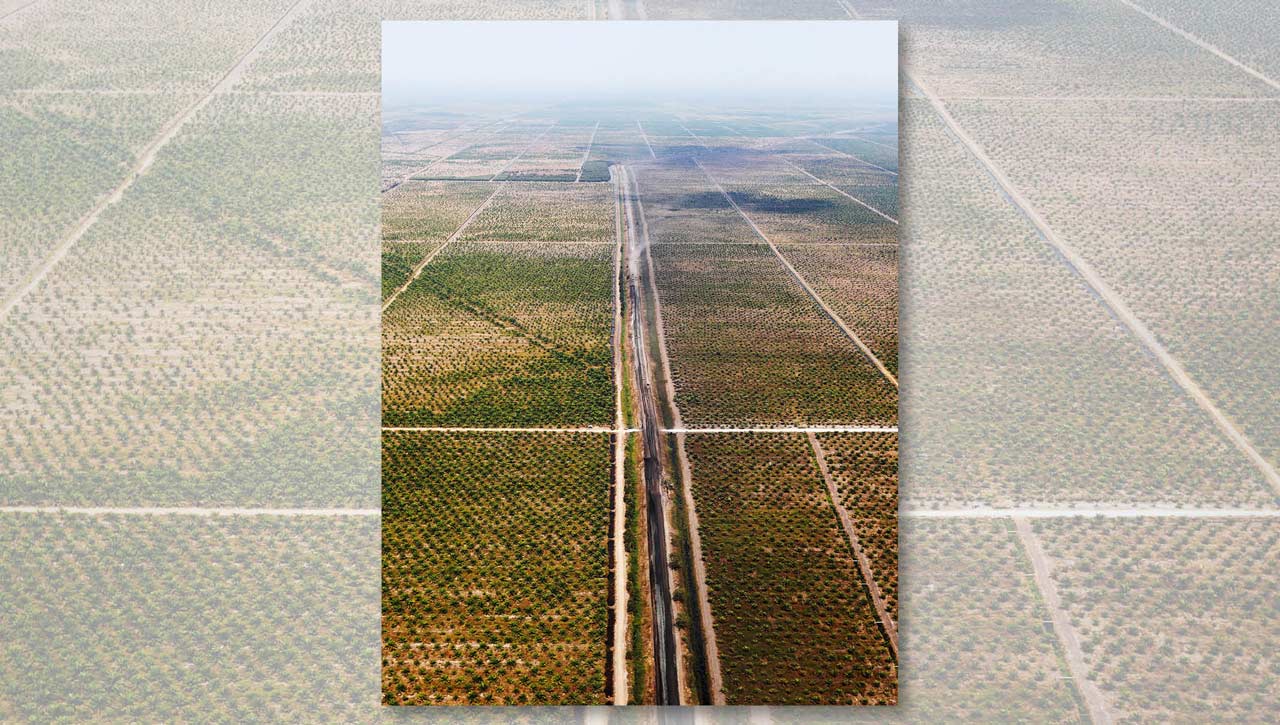The Oil Palm Fund Disarray
Tycoons close to the government benefit the most from the oil palm fund. This is rife with conflicts of interest.
Tempo
April 11, 2022

THE Oil Palm Plantation Fund Management Agency (BPDPKS)—more conveniently referred to as the Oil Palm Agency—has an important job. It is tasked with sustainably developing the commodity through six types of activities. However, it turns out that it is prioritizing only one: supporting the development of biodiesel.
From 2015 to 2021, the Oil Palm Agency received Rp139.2 trillion from levies on the export of crude palm oil (CPO) and its derivative products. Of this, almost 80 percent was used to subsidize biodiesel.
The other five programs are treated like stepchildren: developing human resources, research and development, plantation promotion, replanting of plantations and the development of plantation infrastructure and facilities. For example, total funds for replantation of small farmers’ oil palms from 2016 to 2021 totaled only Rp6.59 trillion, or five percent.
With this unbalanced composition, most of the funds from palm oil levies go to tycoons. The development of farmers’ oil palm plantations was sidelined, meaning that their welfare has not improved. Meanwhile, the funds were channeled to companies close to the government.
The root of the problem lies with the organization of the Oil Palm Agency and the way it manages funds. Although it is a public service body and is headed by non-echelon officials under the ministry of finance, the decision-making authority is vested in the hands of the steering committee. This committee comprises eight ministries led by the coordinating minister for the economy. The Oil Palm Agency only acts as a cashier.
In the hands of these officials cum politicians rife with conflicts of interest, this type of organization is prone to abuses. Headed by Airlangga Hartarto, Coordinating Minister for the Economy and Chairman of the Golkar Party, the Oil Palm Agency steering committee involves four biodiesel production tycoons in every meeting. This has led to the biodiesel industry reaping the lion’s share of the benefits.
Together with oil palm tycoons, the steering committee determines the price conversion factor of fatty acid methyl ester (FAME), the main ingredient of biodiesel. There are indications that these businesspeople proposed the highest possible price for this product. The Corruption Eradication Commission (KPK) says there were markups totaling Rp4.2 trillion in 2020. The fatty acid methyl ester cost conversion factor determines the subsidies paid to biodiesel producers. The subsidies are calculated based on the difference between the biodiesel market index price and the end stage price of diesel fuel.
Discussions of this type about conversion prices should be confined to the energy and natural resources ministry. Presidential Regulation No. 66/2018 stipulates that the job of the steering committee is limited to determining the volume of supplies, subsidy allocations and other strategic policies related to biodiesel. Breaches of this regulation are made worse by the mechanism to determine biodiesel production quotas, which benefit a number of producers.
The second problem is the management of oil palm funds known as “on budget off treasury”: levies are recorded as state revenues but are not paid into state coffers. This method was originally chosen because the Oil Palm Agency acts as a price stabilizer, especially when the global price of palm oil falls as a result of a surplus of supplies. To overcome this, the government created a domestic market through the biodiesel program by mixing diesel with palm oil.
This topsy turvy type of blended organization and an unbalanced fund management mechanism allowed the entry of a range of interests. These two problems must both be put right. Oil palm funds should be paid into state coffers, like levies and non-tax revenues. The allocation of sustainable oil palm development should be determined through the state budget mechanism.
Articles:
- Oil Palm Subsidies: Cronyism, Emissions, Deforestation
- For the Sake of Palm Oil
- Two-Tiered Palm Oil Subsidies
- What is Wilmar Exectuive Say
- Interview of BPDPKS
The interests of the tycoons should be kept well away from the steering committee. The law enforcement authorities should look into the possibility of corruption in the practices currently underway. Suspicions of setting prices at too high a level—which has led to biodiesel subsidies being so high—could be used as an initial indication.
These two reforms will return the Oil Palm Agency to its original aim: developing a sustainable oil palm industry. The interests of small farmers’ plantations can be protected from the greed of a small number of major oil palm players and tycoons cum politicians.
